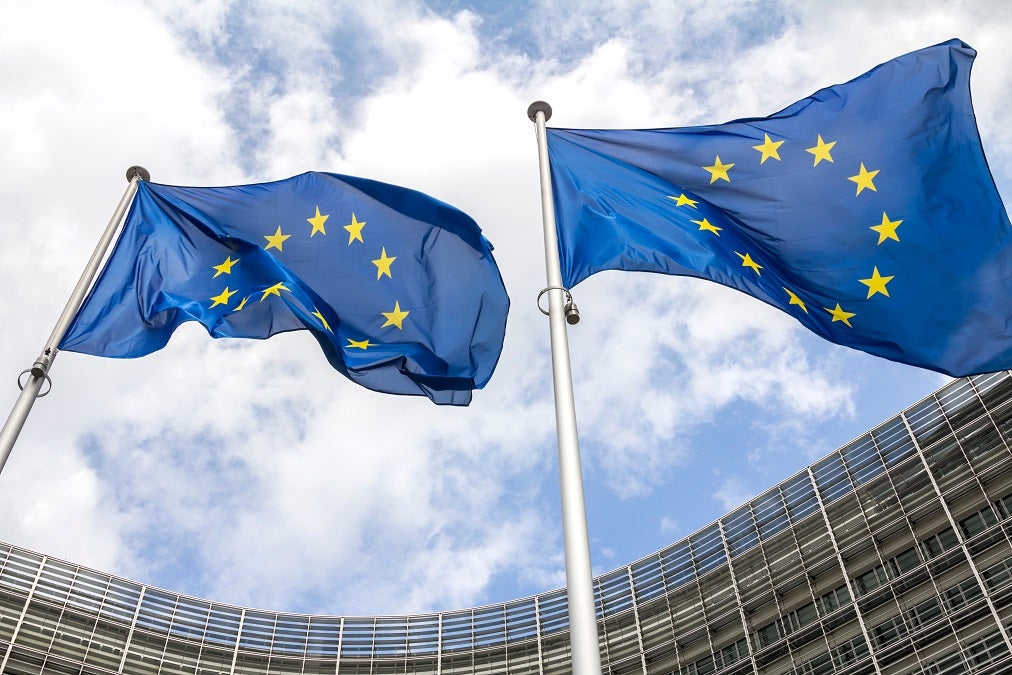
The UK’s trade agreement with the EU allows businesses to benefit from tariff-free trade with the bloc. However, many companies must still rethink their operation and distribution models post-Brexit.
Under the UK-EU Trade and Cooperation Agreement, a key treaty presented to parliament in April, businesses can trade goods between the UK and the EU on a tariff-free and quota-free basis, as they did before the transition period ended.
But there are significant challenges. For example, according to the “rules of origin” protocol, for British companies to benefit from tariff-free trade, about 50% of a product’s value must now come from the UK alone to reach the value-added threshold to export to the EU without tariffs. This refers to the location where the goods were wholly grown or produced or where the last substantial manufacturing work took place.